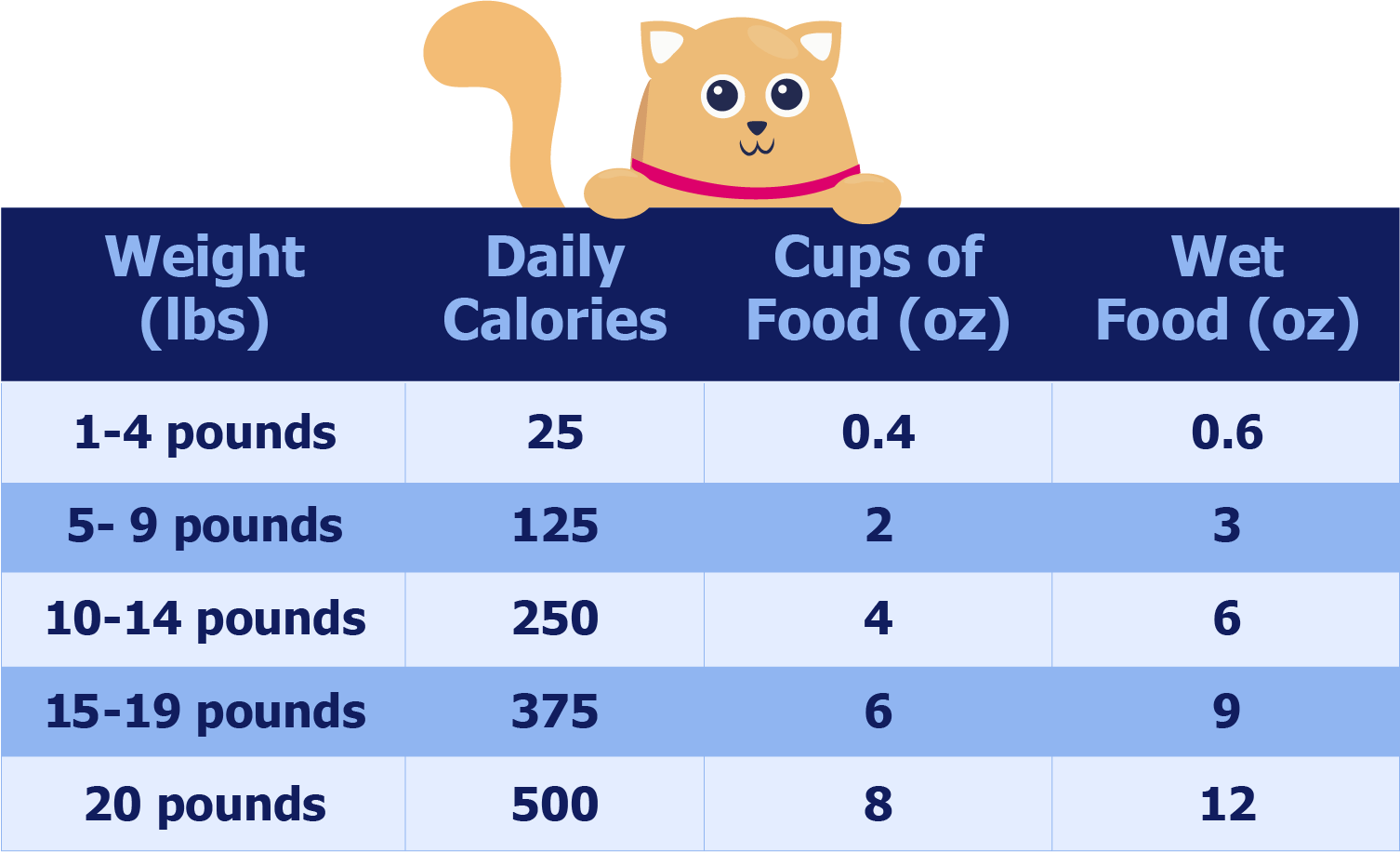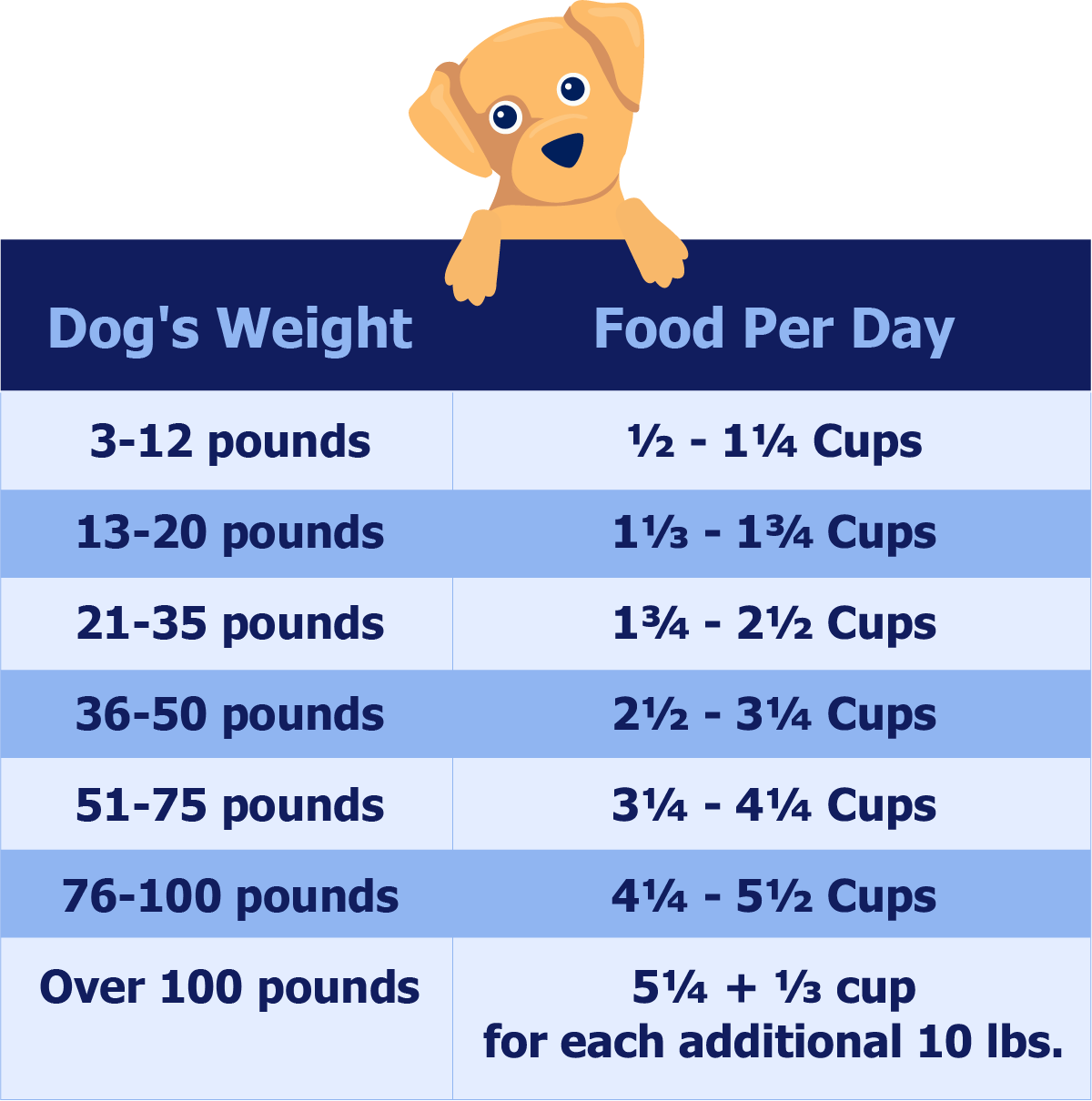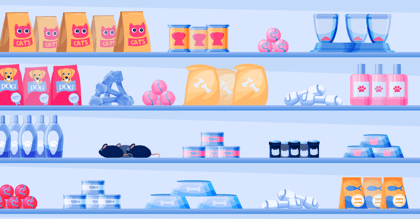The Vitamins and Minerals Your Dog Needs

Just like us, dogs need essential vitamins and minerals to stay healthy. But with so many dog food choices, how do you know your furry friend is getting everything they need? It all comes down to a balanced diet.
While most commercial dog foods provide the right balance of nutrients, it's wise to consult with your veterinarian first if you're cooking homemade meals.
Remember, different life stages require different nutritional needs—puppies, pregnant, and senior dogs have their own dietary requirements.
Use this blog post as a guide to the vitamins and minerals your pup needs to stay healthy and happy.
Why Vitamins and Minerals are Important to Dog Health
Vitamins and minerals are important to your dog’s overall health because they help with:
- Immune function: Maintaining a strong immune system to fight off infections and diseases.
- Growth and development: Essential for building strong bones and muscles.
- Metabolic function: Necessary for converting food into energy.
- Nervous system: Ensuring proper nerve function and communication between nerves.
- Skin and coat health: Promoting healthy skin and a shiny coat.
Essential Vitamins and Minerals for Canines
Here's a breakdown of the essential vitamins and minerals necessary for your dog's long-term health and wellness:
Vitamin A
Supports immune function, vision, and skin health. Found in liver, fish oil, carrots, and sweet potatoes.
Vitamin B
Supports energy metabolism, red blood cell production, and nervous system health. Found in beef, liver, poultry, fish, eggs, whole grains, and legumes.
Calcium
Essential for bone and teeth formation, muscle function, and nerve transmission. Found in dairy products (use cautiously), bone meal, fish, and green leafy vegetables.
Copper
Necessary for iron metabolism, connective tissue development, and nervous system function. Copper is found in liver, fish, whole grains, and nuts.
Vitamin C
An antioxidant that supports the immune system. Found in fruits and vegetables.
Vitamin D
Aids in calcium and phosphorus absorption, supporting bone health throughout different life stages. Found in fish (salmon, mackerel, sardines), fish oils, beef or chicken liver, and egg yolks.
Vitamin E
Acts as an antioxidant, protecting cells from damage, and supports your dog’s healthy skin and coat. Found in vegetable oils, nuts, seeds, and leafy green vegetables.
Iodine
Important for thyroid function and metabolic regulation. Found in fish, certain types of seaweed and algae, dairy, and iodized salt (excessive salt should be avoided).
Iron
Important for oxygen transport in the blood and energy metabolism. Found in beef, liver, fish, poultry, and legumes.
Vitamin K
Important for blood clotting. Found in leafy green vegetables, liver, and fish.
Magnesium
Supports muscle and nerve function, and bone health. Found in whole grains, leafy green vegetables, nuts, seeds, and fish.
Phosphorus
Works with calcium to maintain bone and teeth health and supports metabolism. Found in beef, fish, poultry, eggs, and dairy products.
Potassium
Important for muscle and nerve function, and fluid balance. Found in beef, poultry, fish, bananas, and vegetables.
Selenium
An antioxidant that supports immune function. Found in beef, fish, eggs, and whole grains.
Sodium
Essential for maintaining fluid balance and nerve function. Found in beef, fish, and poultry.
Zinc
Supports immune function, skin health, and wound healing. Found in beef, fish, poultry, dairy products, and whole grains.
Best Sources for Vitamins and Minerals
Let's explore where to find the best sources of vitamins and minerals for your dog:
Food
Look for balanced commercial dog food diets that meet the AAFCO (American Association of American Feed Control Officials) standards. Homemade recipes/diets should be developed under the guidance of a veterinarian or veterinary nutritionist.
How Much Should I Feed My Pet?
View Results
How Much Should I Feed My Pet?
For guidance on your pet’s nutrition and optimal weight, schedule a home or virtual vet visit.
For guidance on your pet’s nutrition and optimal weight, schedule a home or virtual vet visit.

Share Quiz
Supplements
Supplements, such as multivitamins or omega-3 fatty acids, can address specific nutrient deficiencies in the diet. Opt for supplements from reputable brands with third-party testing and guidance from a veterinarian or certified pet nutritionist.
-
Added vitamins and minerals may benefit health conditions such as digestive issues, allergies, or chronic diseases.
-
Picky eaters who consume limited balanced diets may require supplements.
-
Dogs in different life stages (puppies, seniors, pregnant/nursing) have specific nutritional needs. Balanced diets tailored to each life stage or supplements recommended by a veterinarian are essential.
Treats
Commercially available treats offer convenience and may contain added nutrients. Natural treats, such as dehydrated liver or fish, provide wholesome nutrition straight from nature.
Consider making homemade treats with ingredients like pumpkin, sweet potatoes, or eggs. These treats offer a rich source of vitamins and minerals tailored to your dog's preferences and dietary needs.
Conclusion
Whether you’re caring for a new puppy or a senior companion, the proper nutrients are essential for their health. Always consult your veterinarian when selecting vitamins and minerals to ensure they meet your dog's needs. If you have any questions about your dog’s diet, book a nutritional consultation with BetterVet.
Discover the Recipe for a Healthy Pet
Consult with one of our vets about your pet’s nutritional needs and long-term health.
Frequently Asked Questions
What vitamins do dogs need daily?
Among essential vitamins for dogs are vitamins A, B, C, D, E, and K. A balanced dog food will include the recommended allowances of these vitamins, but if you have concerns about your dog’s vitamin intake, your veterinarian or a pet nutritionist can advise you best.
What are the best dog vitamins?
Feeding a well-balanced, commercially available dog food that is approved by AAFCO will provide your dog with the best balance of vitamins and minerals. If further supplementation is needed, consult with your veterinarian to determine the best supplement to add to your dog’s diet.
What is the most important nutrient for dogs?
Water, fat, protein, and carbs are the most important nutrients for dogs, followed by vitamins and minerals. Ensuring a healthy balance of each one will provide your dog's best health and well-being.
What vitamins is my dog lacking?
If you are feeding your dog a homemade diet, it’s possible that they may be lacking in Iron, Copper, Calcium, and Zinc. Before supplementing with any vitamin or mineral, consult with your veterinarian first to determine which supplement is missing from your dog’s diet.
Sources
-
Amundson, L. A., Kirn, B. N., Swensson, E. J., Millican, A. A., & Fahey, G. C. (2024). Copper metabolism and its implications for canine nutrition. Translational Animal Science, 8. https://doi.org/10.1093/tas/txad147
-
Chandler, M. (2002). Essentials of nutrition in dogs and cats with gastrointestinal disease. In Practice, 24(9), 528-533. https://doi.org/10.1136/inpract.24.9.528







